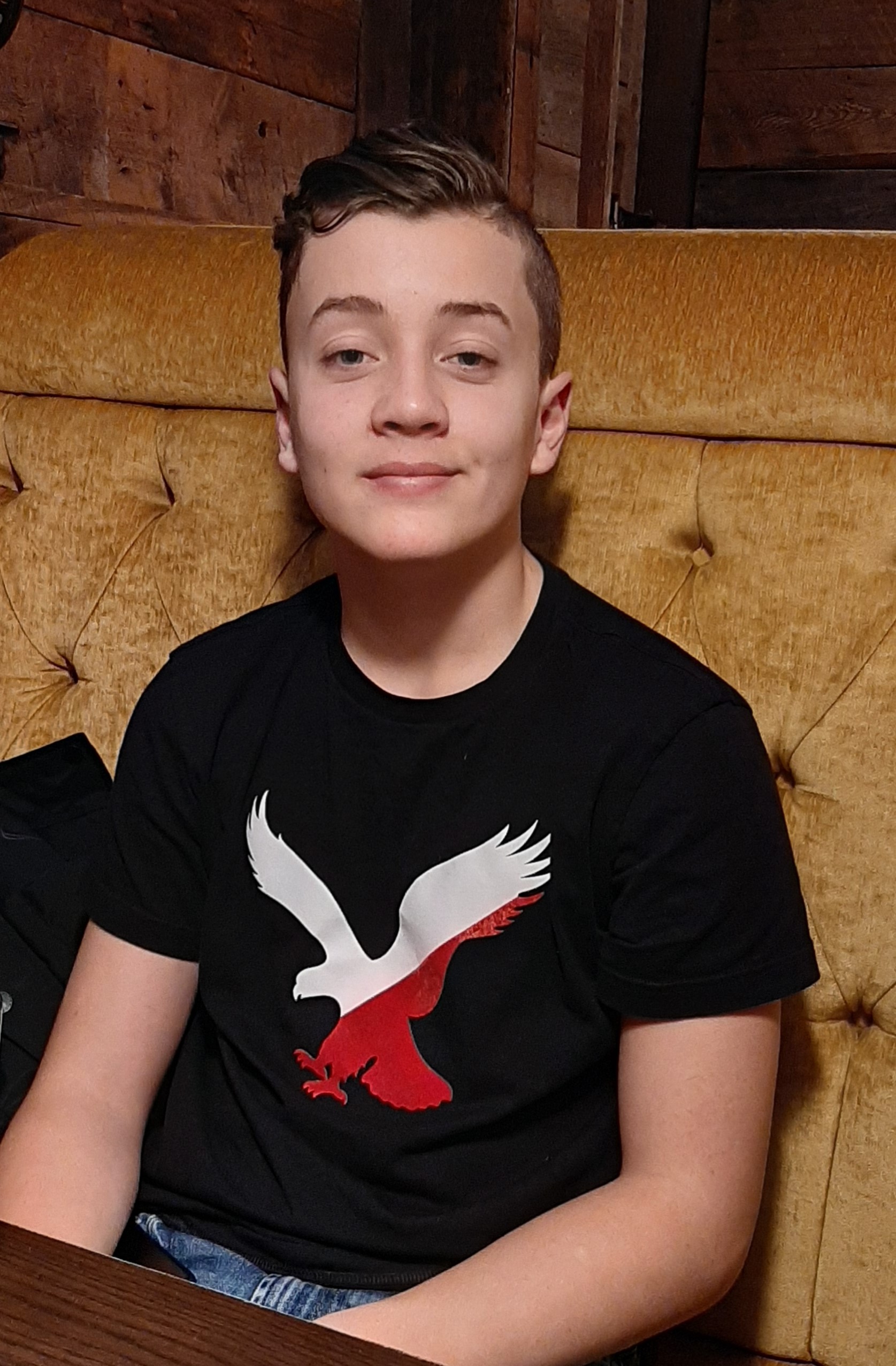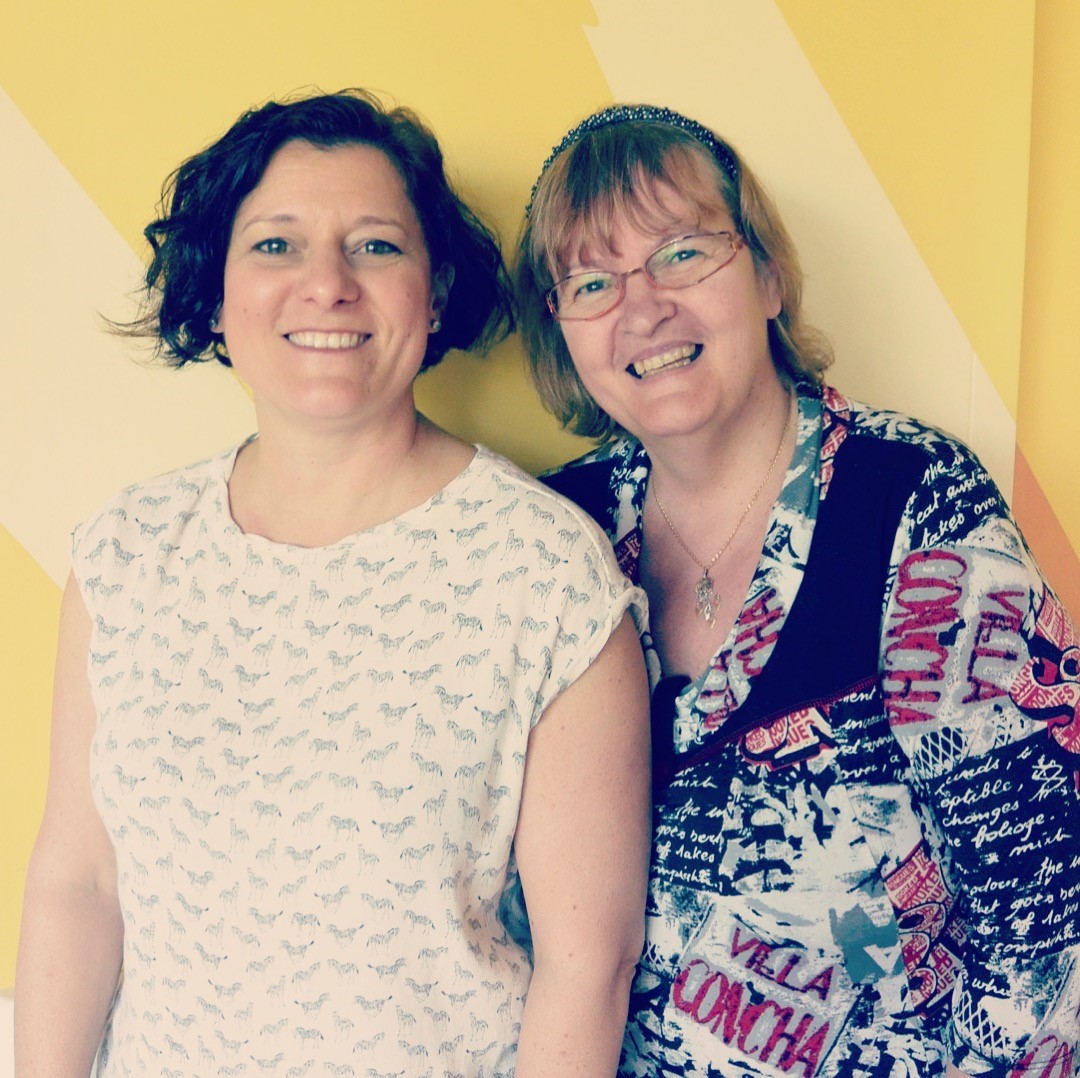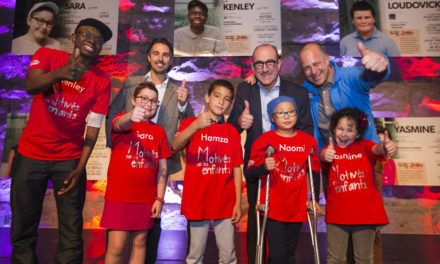A diagnosis of childhood cancer comes with a host of physical, psychological and social repercussions; survivors of pediatric cancer will have baggage to deal with for the rest of their lives. Carole Provost, pivot nurse with the hematology-oncology outpatient clinic at CHU Ste-Justine, knows something about it.
Research into pediatric hemato-oncology has made promising progress in the last decade – today, 80% of children diagnosed with cancer are recovering from the ordeal. Still, one-third of survivors cope with serious long-term after-effects. This new reality led CHU Ste-Justine to establish a survivor care program to facilitate the transition of young patients into adulthood; without which they were being left to grapple with issues on their own.
Owing to donations collected during Tremblant’s 24h, Fondation Charles-Bruneau has been able to fund this long-term care program for the past five years. Since 2014, a pivot nurse with the hematology-oncology outpatient clinic at CHU Ste-Justine has devoted herself full-time to this vocation.
Carole Provost does follow-up with patients in order to prevent the possible complications of after-effects and reduce their impact on their future lives. “My job is to improve quality of life for survivors so that they can lead lives that are as productive as possible,” she notes. “These children often experience attention deficit problems and anxiety that can be detrimental later on in the job market; others suffer from infertility. I help them learn to live with these new conditions and reevaluate their life goals.”
“Gabriel was diagnosed with acute lymphoblastic leukemia at the age of four, and had a relapse three years later. Today, at 16, he is in remission and doing well, but the chemo treatments continue to wreak havoc. He has early cataracts and scoliosis, and he may be sterile, though he hopes to become a father some day. Long-term follow-up is important for my son. It reassures us that he can handle the transition to adulthood.” – Annie, Gabriel’s mom

Gabriel, 16
The pivot nurse’s long-term care role is also to help patients become autonomous and navigate the care and services available to them. More often than not, young survivors don’t know the contents of their own medical records, as parents tend to take that responsibility. “When I meet with them, I ask about their cancer, their medication, and the clinical exams they need to undergo in order to take charge of their health. I teach them how make their own appointments with their physician,” says Provost.

Carole Provost, pivot nurse, program “suivi à long terme” and her colleague Nancy Cloutier (on the left)
Community engagement in Tremblant’s 24h has given 450 youngsters in remission from a childhood cancer a place where they can talk freely about their changed circumstances and find a receptive ear. As a participant, you are giving them a springboard into adulthood!






